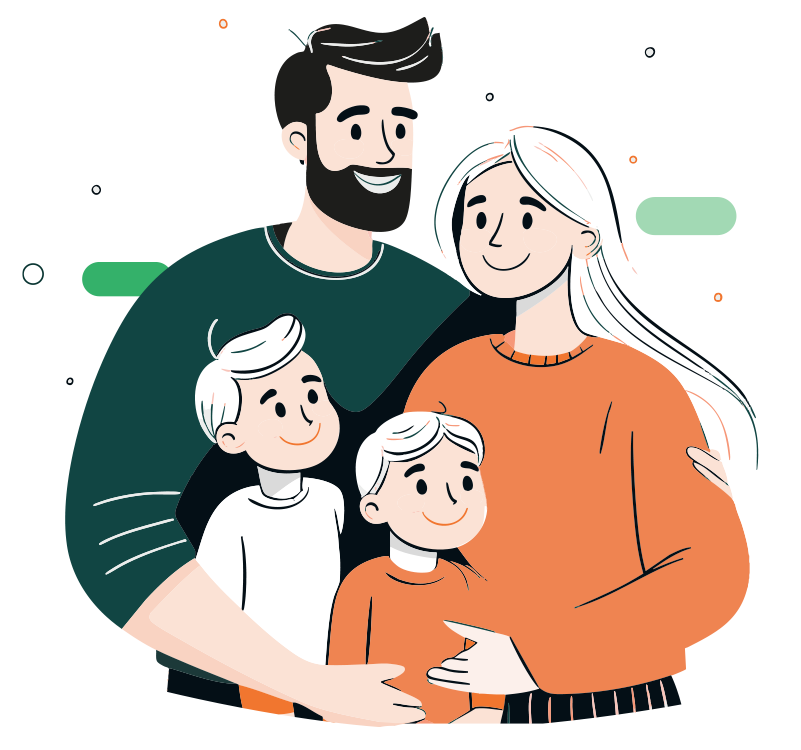Ready for retirement
How to Pass on My Unused Pensions to My Children: A Guide to Pensions and Inheritance

1. Know the Rules Around Inherited Pensions
2. Consider the Type of Pension You Have
Different pension plans have different rules when it comes to inheritance. There are two main types of pensions that affect inheritance:
- Defined Contribution Pension: These pensions allow you to draw down or take a lump sum. If you pass away, the balance can be passed to your children in a lump sum or through income payments.
- Defined Benefit Pension: These pensions often provide a fixed income, and many plans offer a spouse’s or dependent’s pension. However, you might not be able to pass the benefits to children unless they’re dependent on you.
3. Set Up a Nomination of Beneficiaries
The simplest way to pass on your pension is by nominating beneficiaries with your pension provider. You can specify that your children (or other dependents) will inherit your pension pot when you pass away. Keep your nominations up to date, especially if your family situation changes over time.
4. Pension Drawdown: The Flexible Option
If you’re in retirement and don’t need to access all your pension savings, you might opt for pension drawdown. This allows you to keep your pension invested while drawing down income as needed. Upon your death, the remaining funds in the drawdown account can be passed on to your children. They can continue to draw down from the pension or transfer it to their own pension pot, subject to tax rules.
5. Using a Lump Sum Death Benefit
In some cases, pensions allow a lump sum death benefit. If you have a defined contribution pension and you pass away, the remaining pension pot can be paid out as a lump sum to your children, either tax-free (if you die before age 75) or taxed (if you die after 75).
6. Think About the Impact of Tax
While passing on your unused pension to your children is possible, it’s essential to consider the tax implications. While pensions are usually tax-efficient for the original holder, there may be tax bills for beneficiaries depending on the circumstances. It’s worth speaking with a financial advisor who can guide you on how to structure your pension and inheritance plans for the most tax-efficient outcome.
7. Explore Inheritance and Trusts
In some cases, it might make sense to place your pension or other assets into a trust. This can provide an additional layer of control over how your pension is distributed and protect your children’s inheritance from certain taxes. Consult with an estate planning professional to see if a trust could benefit you.
By understanding your pension options and the tax implications of passing your pension to your children, you can ensure that your legacy is protected and your family benefits from your retirement savings. Always consult with a financial advisor to tailor your pension and inheritance planning to your specific situation.
